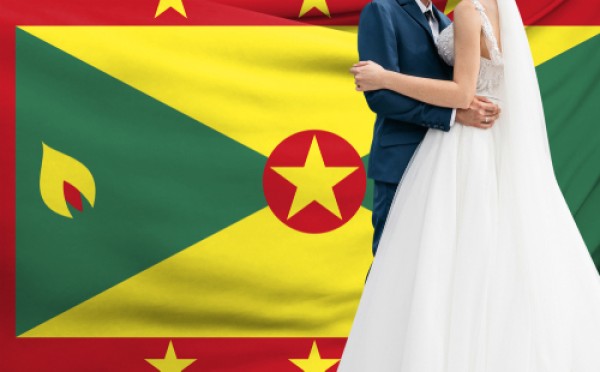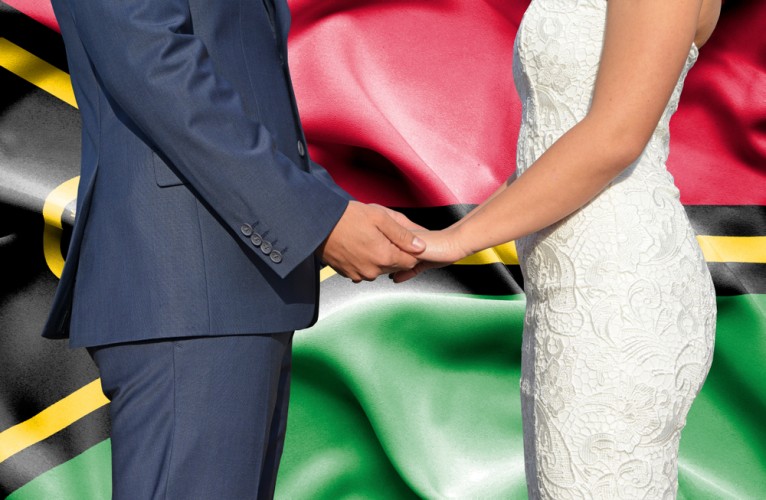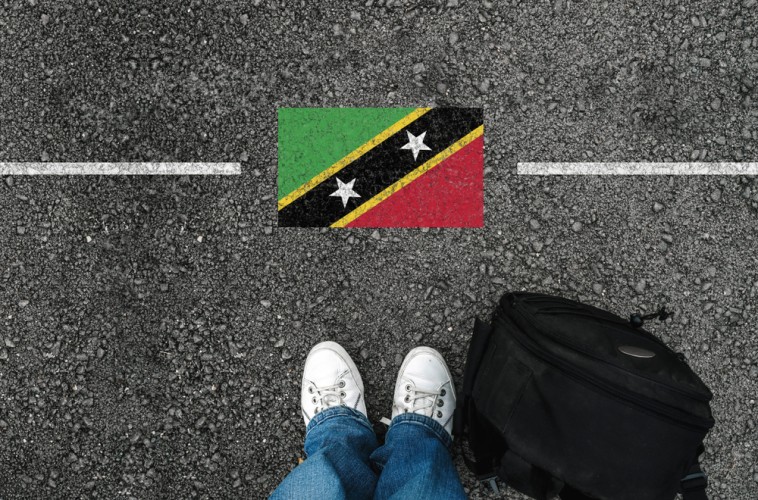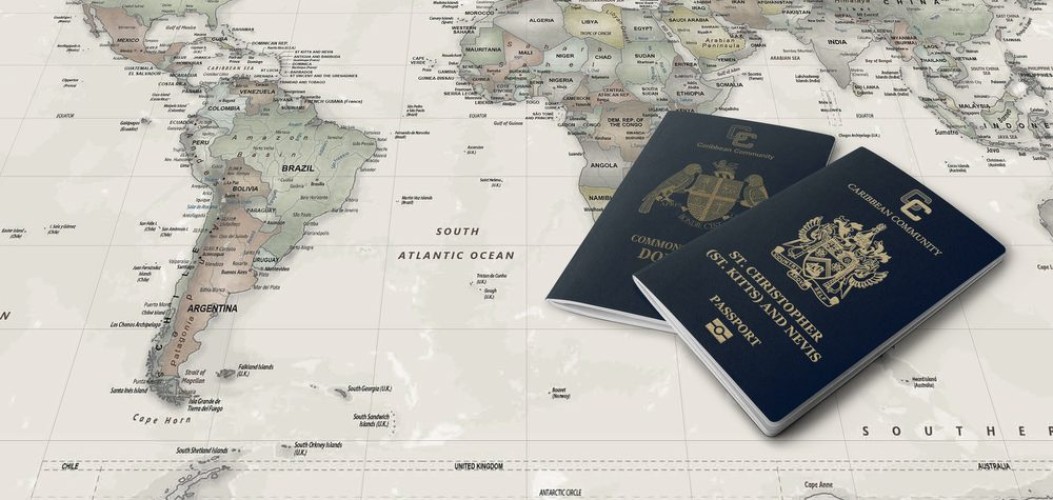For foreign nationals married to Grenadian citizens, the path to citizenship presents a valuable opportunity to gain full membership in this Caribbean nation. Beyond simply securing residency rights, successful applicants enjoy the full spectrum of privileges afforded to Grenadian citizens, including enhanced global mobility and economic advantages. While the application procedure follows a clear framework, attention to detail proves crucial. Prospective citizens must carefully navigate eligibility requirements and compile necessary evidence to demonstrate their genuine marital union. This comprehensive overview illuminates the entire process – from initial qualifications to final approval – equipping couples with the knowledge needed for a smooth transition to dual citizenship.
The advantages extend well beyond passport acquisition. New citizens gain access to Grenada’s favorable tax regime, CARICOM benefits, and the potential for U.S. residency through special visa treaties. Whether seeking to establish permanent roots in Grenada or simply wanting to expand global opportunities, understanding these procedures marks the first step toward successful naturalization through marriage. By demystifying the legal pathway, this guide serves as an essential resource for binational couples weighing their options for citizenship acquisition. The marriage-based route offers particular appeal for those seeking an alternative to investment programs, combining affordability with long-term strategic benefits for globally mobile families.
Eligibility criteria for spouses
Foreign nationals must satisfy several key conditions set by Grenadian authorities. This process differs fundamentally from the faster Citizenship by Investment (CBI) program, requiring patience and careful adherence to specific marital and residency rules. The applicant must be in a legally valid union with a Grenadian citizen, whether through civil, religious, or traditional ceremonies. The Grenadian partner must possess citizenship by birthright, ancestry, or prior naturalization. Authorities rigorously examine marriages to prevent immigration fraud, with sham unions risking immediate rejection or future revocation of citizenship. Prospective citizens typically begin with permanent residency status before qualifying for naturalization. The critical requirement involves two years of uninterrupted residence in Grenada, allowing only brief international absences.
Applicants must provide comprehensive police clearance certificates from all countries where they’ve lived extensively. Significant criminal records may lead to disqualification. While no financial investment is mandated, demonstrating economic self-sufficiency strengthens the application. The marriage route remains an accessible but time-intensive alternative to investment-based citizenship, offering identical rights without major capital expenditure. Careful planning and professional guidance can streamline this pathway to dual nationality.
Required documents and application process
The application process for marriage-based citizenship involves thorough verification of marital authenticity and personal background. Applicants should prepare the following essential documentation:
Both partners must submit current, valid passports along with properly authenticated birth certificates. The non-Grenadian spouse needs to provide four recent passport photographs meeting strict specifications.
Critical marriage documentation includes:
- Certified marriage certificate (with official translation if necessary);
- Notarized spousal consent form;
- Proof of genuine cohabitation through shared financial or residential records;
The comprehensive verification process underscores the importance of submitting complete, properly authenticated documentation to avoid processing delays. Applicants should ensure all foreign documents receive appropriate apostille certification or legalization where required. Professional legal assistance can prove invaluable in navigating these requirements efficiently.
Application Process
For international couples where one partner holds Grenadian nationality, the opportunity to secure citizenship presents a gateway to remarkable advantages. Beyond the emotional bonds of marriage lies the practical benefit of joining a nation whose passport opens borders across the globe, while creating potential pathways to establish roots in North America. The spousal route stands apart from financial investment programs, offering a more accessible financial threshold but demanding meticulous attention to Grenada’s specific naturalization protocols.
What follows is a comprehensive roadmap through each critical phase of the application journey – from gathering the initial paperwork to celebrating the final approval that transforms marital status into full citizenship rights. The Step-by-Step application process:
- Document Preparation. Authenticate all documents through apostille/legalization. Translate non-English materials professionally. Verify marriage meets Grenada’s legal recognition standards.
- Application Submission. File complete package with Citizenship by Investment Unit, Pay non-refundable processing fees (varies by spouse’s status). Choose between personal submission or legal representative.
- Verification Phase. Background checks on marital authenticity. Criminal and financial history review. Possible requests for additional evidence/interviews.
- Residency Requirements (Naturalization Cases). 2 years continuous physical presence in Grenada. Maintain proper documentation of residence. Only then eligible for citizenship application.
- Final Approval. Take formal oath of allegiance.
The marriage-based approach stands out as a financially accessible alternative to the investment program. Though requiring more patience (typically 6-12 months for processing versus the CBI’s expedited 2-3 month timeline), this route delivers identical citizenship privileges without the substantial $150,000+ financial commitment.
Application fees and processing time
The economic and temporal dimensions of Grenadian citizenship acquisition reveal important contrasts between available options. The marriage pathway operates on a variable cost structure influenced by:
- The Grenadian spouse’s citizenship origin (birth/naturalization);
- Required document authentication expenses;
- Potential legal representation fees.
While the CBI program’s fixed investment and rapid processing appeal to some, the marriage alternative provides a cost-conscious solution for couples willing to navigate a more extended but financially sustainable route to dual citizenship. This makes it particularly attractive for internationally-focused families prioritizing long-term mobility over immediate acquisition. The application costs fluctuate based on your partner’s citizenship background:
- For spouses of native-born Grenadians: $1,000;
- When married to naturalized citizens: $2,500.
Beyond these government charges, applicants should budget for supplementary expenses including:
- Professional legal assistance;
- Document authentication and translation services;
- Mandatory health screenings.
These additional costs typically fall between $500 and $2,000, depending on individual circumstances. The standard review period ranges from six to twelve months for complete applications. This requirement extends the total waiting period to approximately 30-36 months from the marriage date. For couples where timing is crucial, exploring the Grenadian partner’s eligibility for the CBI program might be advantageous. Conversely, those focused on minimizing expenses may find the marriage-based application, despite its longer duration, to be the more practical solution for obtaining Grenadian citizenship.
Benefits of obtaining Grenadian citizenship through marriage
It unlocks a world of possibilities that transcends conventional residency benefits. While more time-consuming than investment programs, this pathway delivers extraordinary global access and financial advantages that discerning individuals find invaluable.
- Unparalleled Global Access.. This access extends to over 150 countries worldwide, removing bureaucratic barriers for international businesspeople and frequent travelers.
- Strategic U.S. Access. The special E-2 Treaty relationship between Grenada and the United States creates exceptional opportunities. While the Grenadian spouse serves as primary visa holder, their family members gain accompanying U.S. residency rights – a distinctive advantage among Caribbean citizenship options.
- Optimal Financial Framework. Grenada’s tax system offers substantial benefits for global citizens, including exemption from worldwide income taxation and the elimination of inheritance and capital gains levies. This creates an ideal environment for entrepreneurs and investors seeking efficient wealth management solutions in a business-friendly jurisdiction.
- Regional Integration Benefits. As an active CARICOM member state, Grenadian citizenship provides seamless access to employment and business opportunities throughout the Caribbean community. The ability to work and establish enterprises across member nations without restriction offers significant advantages for professionals and investors with regional interests.
The marriage-based route to citizenship presents a particularly compelling option for those prioritizing financial efficiency over expedited processing. Without requiring substantial capital outlay, it provides all the fundamental advantages of Grenadian nationality through an established, legitimate channel. For couples willing to undertake the process, the rewards extend well beyond passport acquisition, offering a foundation for global mobility and financial optimization.
FAQ
Grenada citizenship by marriage laws permit applicants to maintain their original nationality, eliminating the need to surrender one’s birth citizenship.
While direct marriage-based applications don’t mandate prior residency, those pursuing naturalization must physically reside in Grenada for a minimum of twenty-four consecutive months before becoming eligible to apply.
Through Grenada’s participation in the E-2 Treaty, successful applicants gain eligibility for U.S. investor visas.






